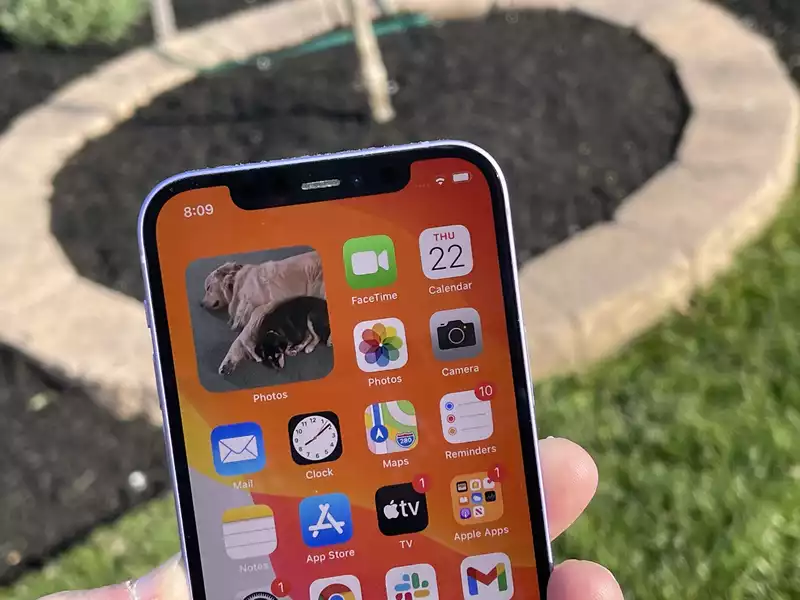Apple may be forced to sell iPhones and other devices without its own apps installed if antitrust reform legislation is passed in the United States. That's according to Rep. David Cicilline (D-MD), one of the tech giant's pro-reform lawmakers.
In the U.S. House of Representatives, both Democrats and Republicans proposed antitrust legislation last week. In this case, the proposed law would further restrict high-tech companies from giving themselves an advantage over third-party companies, such as having their software pre-installed on devices instead of similar software from other companies. Siciline cited Apple, Inc. in particular as an example.
"Downloading the other five apps is just as easy as downloading the Apple app.
Siciline also cited Amazon's Prime membership service as an example of a technology company benefiting itself at the expense of its competitors. According to Bloomberg, Siciline believes that Prime "does a disservice" to third-party companies that sell through Amazon.
The proposed bill sets forth multiple benchmarks that companies must achieve to qualify for such restrictions. For example, the company must have 50 million monthly active users (MAUs) in the U.S. and a market capitalization of at least $600 million. As of this writing, Amazon's market cap is over $1.7 trillion and Apple's is just over $2.1 trillion.
A total of five antitrust reform bills were introduced last week and will be debated and amended next week. At least in their initial state, the proposed laws, if passed, could bring dramatic changes to the high-tech industry. One bill would make it more difficult for high-tech giants to acquire other companies and require companies to prove that such moves would not harm their competitors.
Another House bill, called the Ending Platform Monopolies Act, would prevent tech giants from offering their services and products through their devices and platforms. As a result, for example, Apple would no longer be able to offer Apple Music, Amazon would have to stop selling Amazon Basic products, and Google would be restricted from offering certain search-based services.
Apple, Amazon, and Google are no strangers to antitrust complaints, given their respective vast technology businesses. Just recently, Apple was reportedly sued by the Australian Competition and Consumer Commission for antitrust violations regarding its management of the iOS App Store and is under scrutiny by the U.S. Department of Justice regarding its "Sign In With Apple" feature.
Meanwhile, Amazon last month was sued by the Washington D.C. Attorney General for antitrust violations over claims that it is impeding competition in its marketplace. Last October, 11 states, along with the U.S. Department of Justice, sued Google over complaints that Google illegally monopolizes search services and search advertising.










Comments